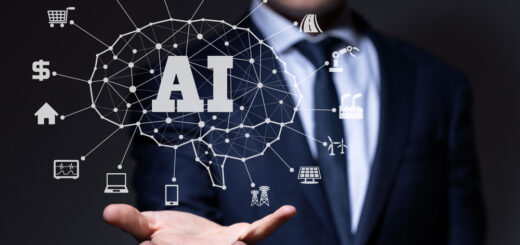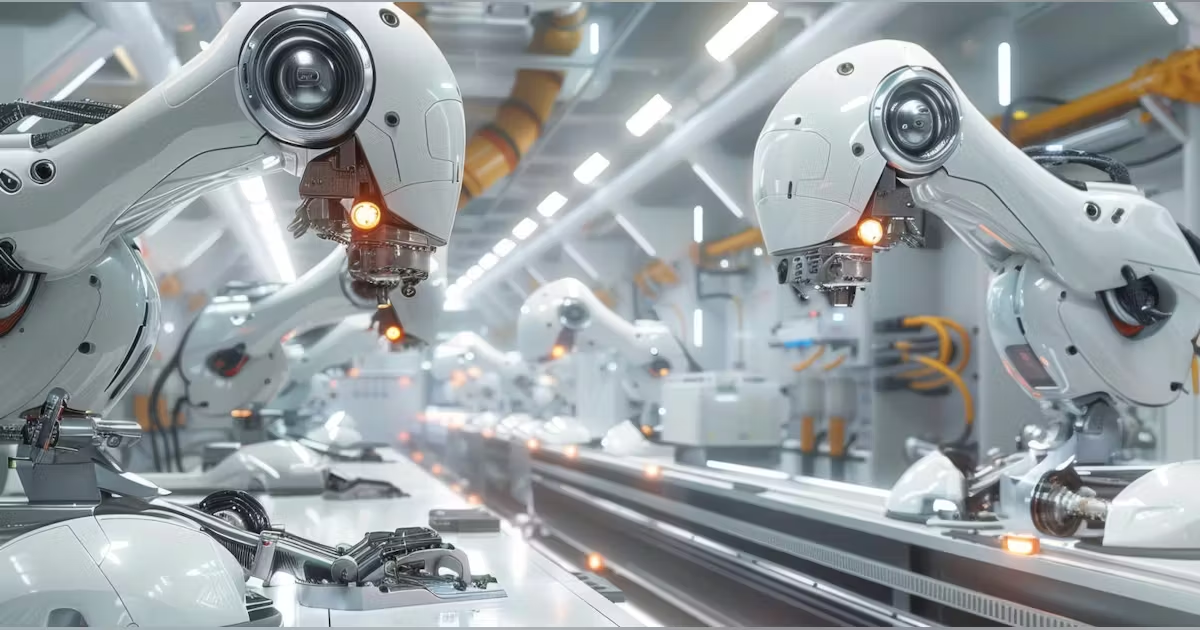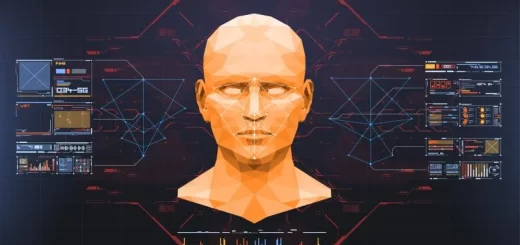AI-Powered Drug Discovery Accelerates Breakthroughs in Medicine
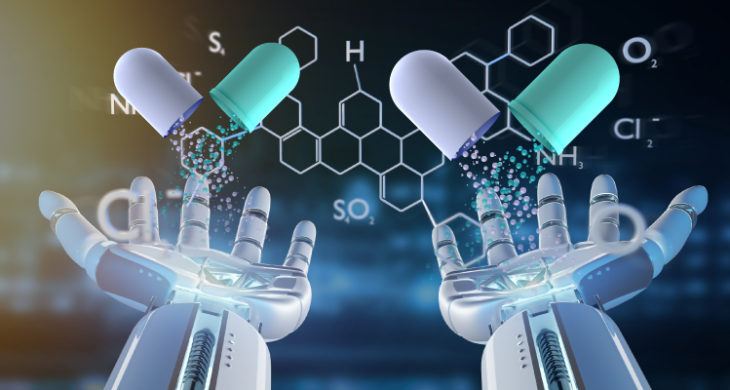
The pharmaceutical industry has always faced lengthy, expensive, and complex drug development cycles, often taking years before a single treatment reaches approval. However, in October 2023, AI-driven drug discovery reached a new milestone, significantly accelerating the identification of novel compounds and treatment candidates.
Leading AI research groups, including DeepMind’s AlphaFold team and Insilico Medicine, unveiled breakthroughs in AI-driven molecular analysis, enabling pharmaceutical companies to predict protein structures, simulate drug interactions, and design potential treatments at an unprecedented speed. This development paved the way for AI to become an indispensable tool in modern drug research, potentially reducing the time required to develop new medicines from years to mere months.
How AI Was Revolutionizing Drug Discovery
Traditional drug discovery required extensive trial-and-error testing, costing billions and often yielding limited success. AI-driven tools introduced a new paradigm in pharmaceutical research, allowing researchers to:
- Predict protein structures with near-perfect accuracy – AI models like AlphaFold provided detailed 3D structures of proteins, helping researchers identify drug targets more efficiently.
- Analyze vast molecular libraries – AI algorithms screened millions of compounds in a fraction of the time it took traditional methods, improving the chances of finding effective drug candidates.
- Simulate drug interactions – AI-assisted molecular simulations predicted how drugs would behave in the human body, reducing reliance on costly physical trials.
These innovations significantly improved drug development efficiency and precision, marking a shift in how pharmaceuticals were researched and tested.
Early Applications of AI-Driven Drug Discovery
With AI-powered drug discovery gaining traction, pharmaceutical companies and biotech firms were already implementing these advancements in real-world applications.
1. AI in Cancer Research and Personalized Medicine
- AI-driven models helped identify new biomarkers for cancer detection, leading to earlier diagnoses and more targeted treatments.
- Personalized AI-driven drug formulations allowed doctors to tailor treatments to an individual’s genetic profile, improving efficacy.
2. AI in Rare Disease Drug Development
- AI-assisted research shortened the timeline for developing treatments for rare and previously “undruggable” diseases.
- AI-generated molecular structures provided custom-designed drugs for conditions with small patient populations, reducing development costs.
3. AI in Pandemic Preparedness and Antibiotic Discovery
- AI-assisted screening of antiviral compounds enabled faster responses to emerging viruses, enhancing global health security.
- AI-driven discovery of new antibiotic compounds addressed the rising threat of antimicrobial resistance (AMR).
These applications demonstrated AI’s role in transforming pharmaceutical research, moving beyond theoretical models to real-world solutions.
Challenges and Ethical Considerations in AI-Driven Drug Discovery
Despite its potential, AI-powered drug discovery faced critical challenges and ethical concerns that required careful oversight.
1. Data Reliability and Bias Risks
- AI models relied on large datasets of existing medical research, which could introduce biases in drug discovery outcomes.
- Researchers emphasized the need for diverse and high-quality datasets to ensure AI-driven drug development remained accurate and inclusive.
2. Intellectual Property and Patent Ownership
- As AI generated novel drug compounds, legal questions arose about who owned the intellectual property—the AI developers, pharmaceutical companies, or research institutions.
- Regulatory agencies began exploring how AI-generated discoveries could be patented and commercialized responsibly.
3. Safety and Regulatory Approval Hurdles
- AI-suggested drug candidates required extensive clinical validation to meet strict regulatory standards before human trials.
- Governments and regulatory bodies needed updated frameworks to assess AI-generated pharmaceuticals safely and ethically.
These challenges highlighted the importance of ethical AI deployment and regulatory adaptation to accommodate AI-driven medical advancements.
What’s Next for AI in Drug Discovery?
With AI transforming drug research, future developments were expected to include:
- AI-powered virtual clinical trials – AI would soon help predict patient responses without requiring full-scale human trials, reducing costs.
- Quantum AI for drug simulations – The combination of AI and quantum computing would allow researchers to simulate complex biochemical interactions with extreme accuracy.
- AI-driven automation in biopharmaceutical manufacturing – AI models would optimize production processes, reducing drug development bottlenecks.
These advancements positioned AI as an integral force in the next generation of pharmaceutical breakthroughs, bringing faster, more efficient, and cost-effective drug development.
A Major Turning Point for AI in Medicine
The integration of AI-driven drug discovery tools in October 2023 marked a pivotal moment in pharmaceutical research, where AI was no longer just an analytical tool but an active participant in designing the medicines of the future.
However, while AI significantly accelerated drug discovery, ensuring regulatory safety, ethical oversight, and equitable access remained critical challenges. Moving forward, collaboration between AI developers, healthcare institutions, and policymakers would be essential in realizing AI’s full potential in medicine.
